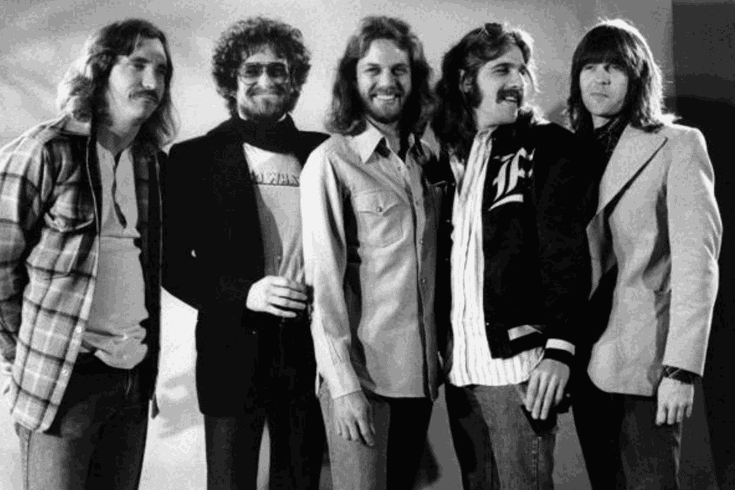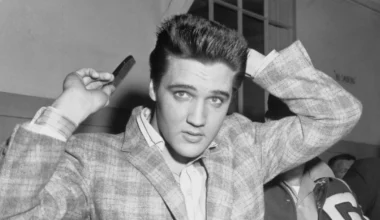The Eagles are best known for their smooth, laid-back music, blending Americana with the free-spirited vibe of the 1970s. Their songs, like “Hotel California,” conjure images of sunny California days, carefree living, and peace. But behind the scenes, the band’s journey was far from harmonious. While their music brought calm, the band itself was a hotbed of conflicts, rivalries, and fights.
Despite their connection to the easygoing ‘70s era, the Eagles were often caught up in bitter arguments, legal battles, and power struggles. In fact, they could give Fleetwood Mac a run for their money when it comes to drama.
It’s a classic rock band tale—success bringing pressure, money, and egos into the mix, creating a perfect storm of tension. However, for the Eagles, the contrast between their peaceful sound and their chaotic personal lives makes their story even more surprising.
Divisions Within the Band
The Eagles’ first era, from 1971 to 1980, saw them rise to musical greatness while also dealing with growing internal strife. The tensions between band members were never easy, but things hit a breaking point during the making of their iconic album Hotel California in 1976. Though it became one of the best-selling albums ever, it also contributed to the band’s eventual collapse.
During the recording of Hotel California guitarist Don Felder wrote the song Victim of Love and wanted to sing the lead vocals. However, the rest of the band wasn’t happy with his performance. In the 2013 documentary The History of The Eagles, frontman Glenn Frey explained, “Don Felder, for all of his talents as a guitar player, was not a singer.” Drummer Don Henley agreed, saying Felder’s take “did not come up to band standards.”
Without telling Felder, the rest of the band made a bold decision. While Felder was out at dinner with their manager, they erased his vocals from the track and had Henley re-record them. When Felder found out, he was understandably angry. It wasn’t just that they didn’t like his singing—it was that they had gone behind his back to make the change.
Though Hotel California became a huge success, the wound from this betrayal never healed. The band’s next album, The Long Run, took nearly two years to finish, and the tensions only grew.
A Public Breakdown
The simmering conflicts between Felder, Frey, and Henley boiled over on July 31, 1980, during a concert for California Senator Alan Cranston. Felder, who preferred to stay away from politics, was already frustrated that the band had agreed to the event.
When the group met Cranston backstage, Felder sarcastically said, “You’re welcome, Senator… I guess,” after the senator thanked him for being there.
Frey was furious at Felder’s attitude, and the tension exploded during the concert. Frey later recalled that, while they were on stage, Felder turned to him and said, “Only three more songs till I kick your ass, pal,” to which Frey replied, “Great. I can’t wait.” Even as they performed “Best of My Love,” the hostility was clear. After that show, the Eagles effectively broke up.
The Reunion and Final Split
The Eagles didn’t perform together again until 1994, when they reunited for the Hell Freezes Over tour. The tour was a huge hit, but it didn’t take long for new issues to surface.
Felder claimed that Henley and Frey were now taking a larger share of the profits, breaking the band’s original rule of splitting earnings equally. When Felder raised his concerns, Henley and Frey fired him from the band in 2001.
Felder responded by suing them for breach of contract and wrongful termination. After a lengthy legal battle, they settled out of court, but the damage was done. When Glenn Frey passed away in 2016, Felder expressed regret that they never patched things up.
A Legacy of Great Music and Conflict
While the Eagles will always be remembered for their classic hits, their legacy is also defined by the conflicts that tore them apart. Despite the calm and sunny sound of their music, their personal relationships were anything but peaceful.
Their story is a reminder that even the most successful bands can be destroyed by internal battles. For the Eagles, their music lives on, but so does the memory of the fierce struggles behind the scenes.







